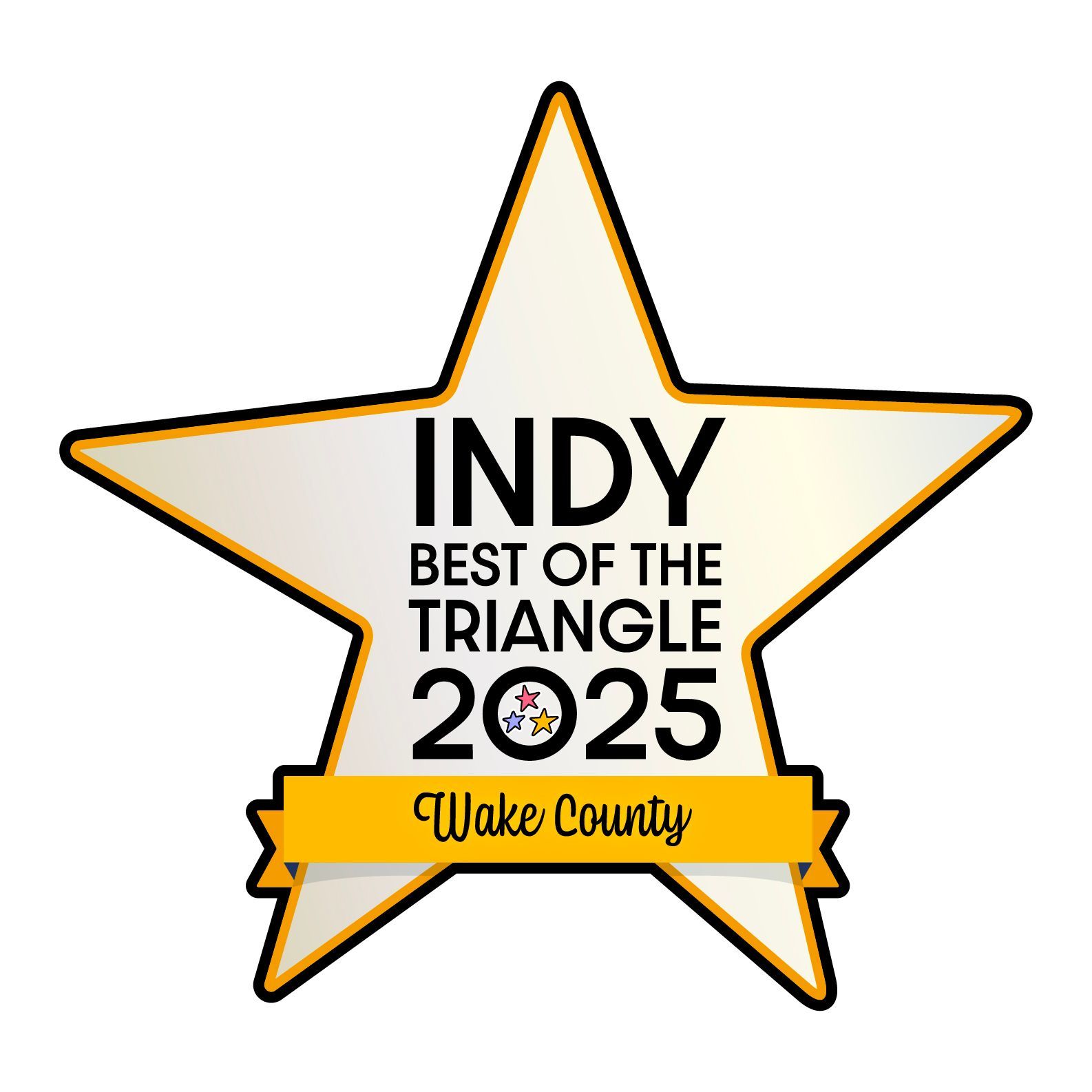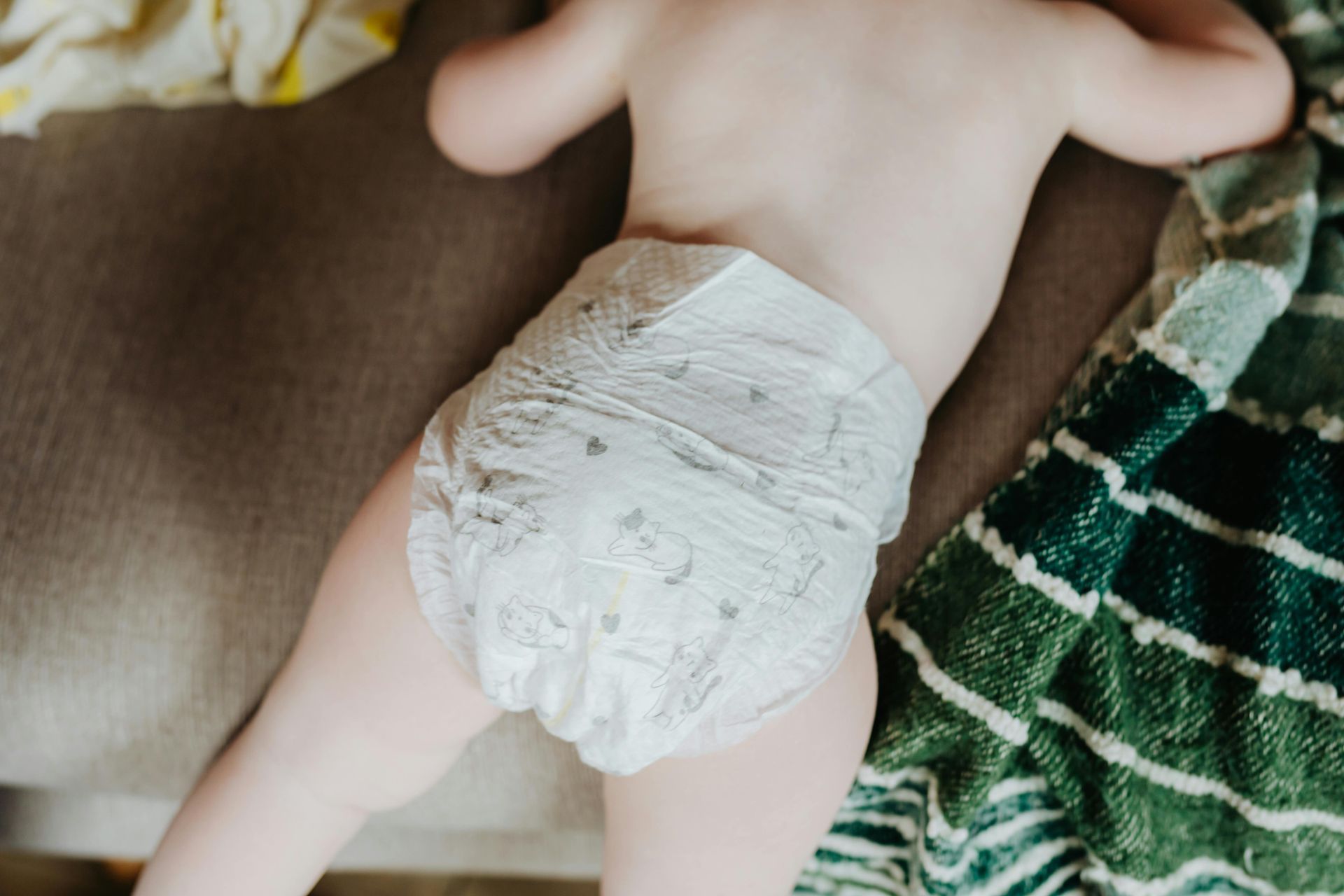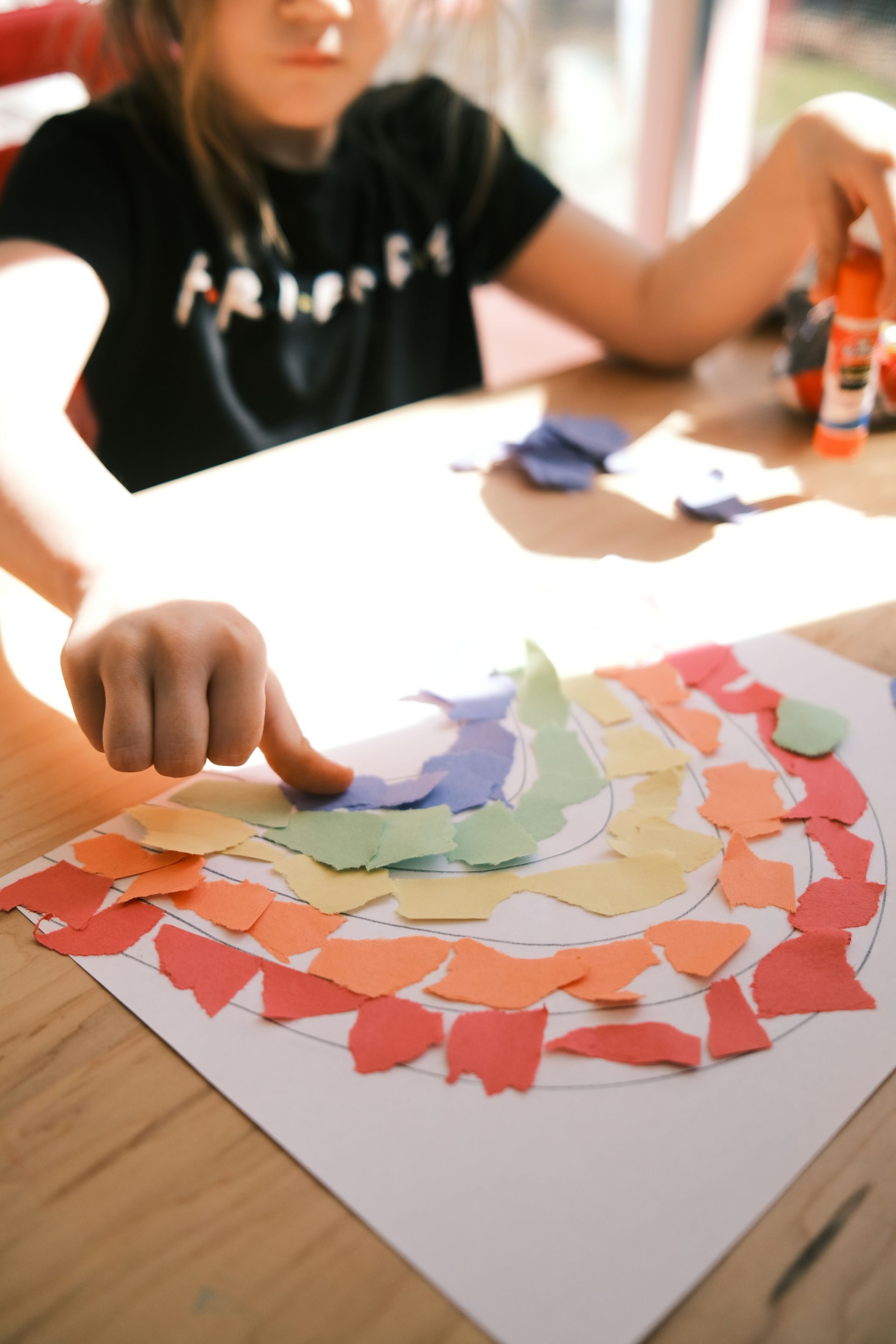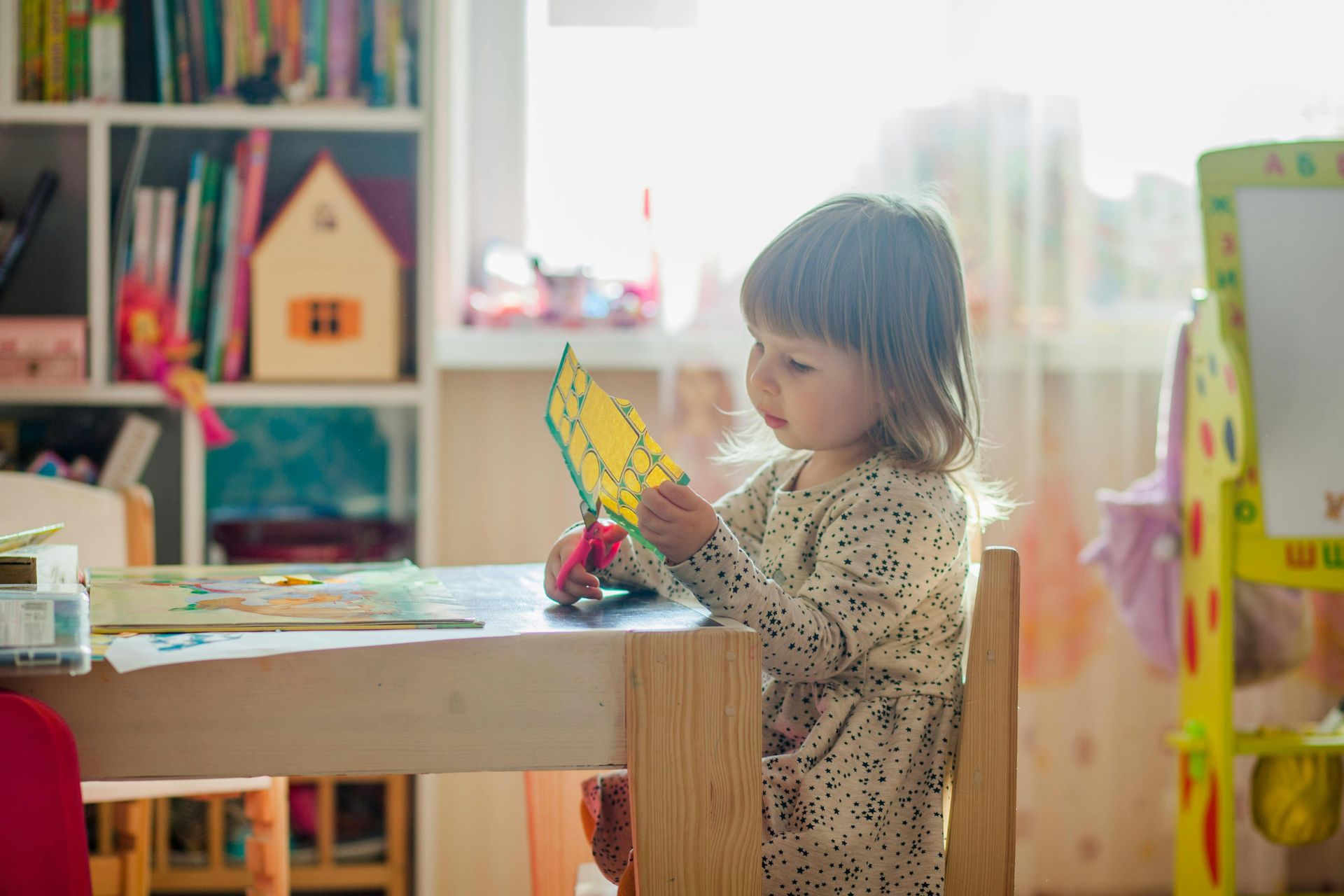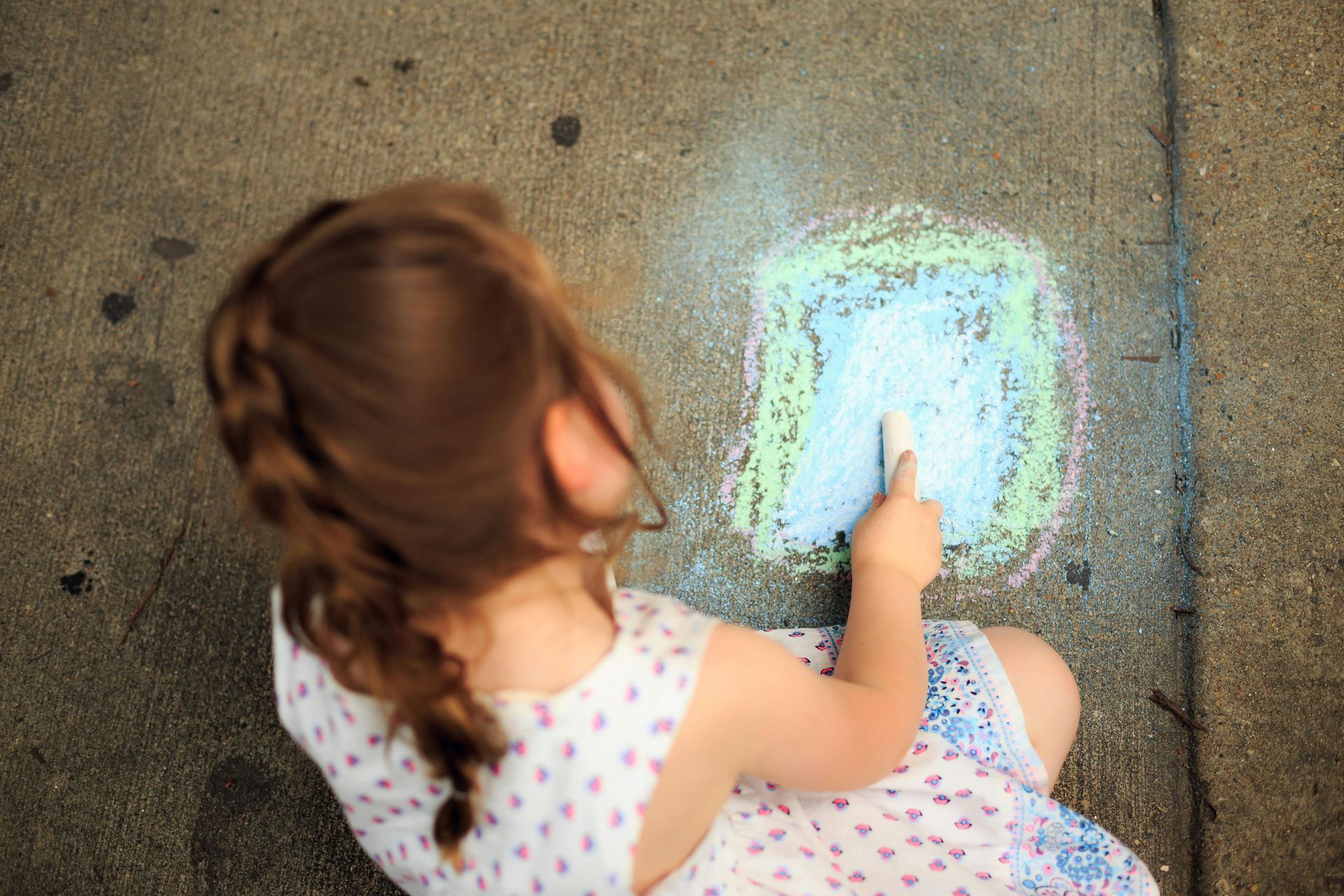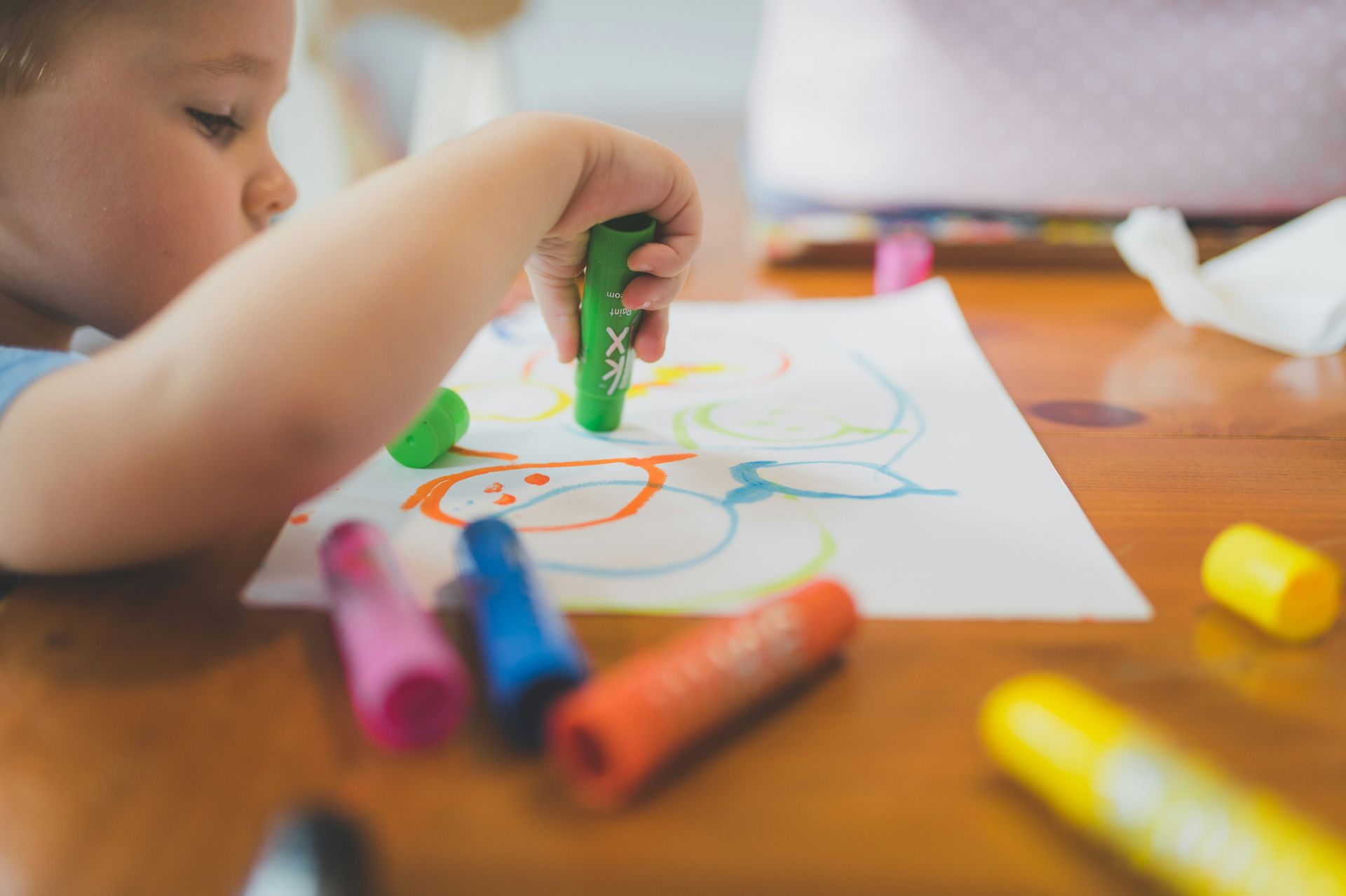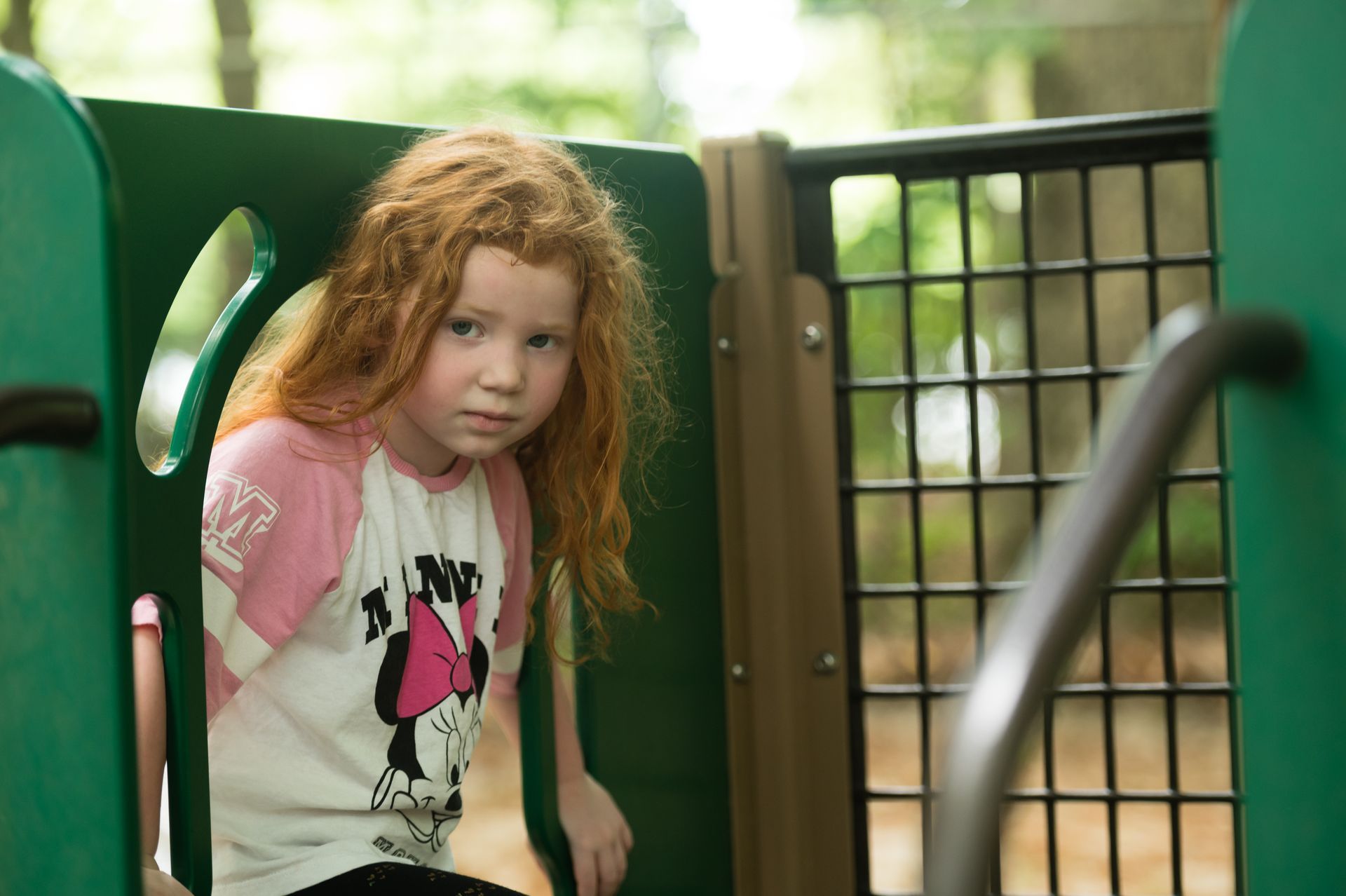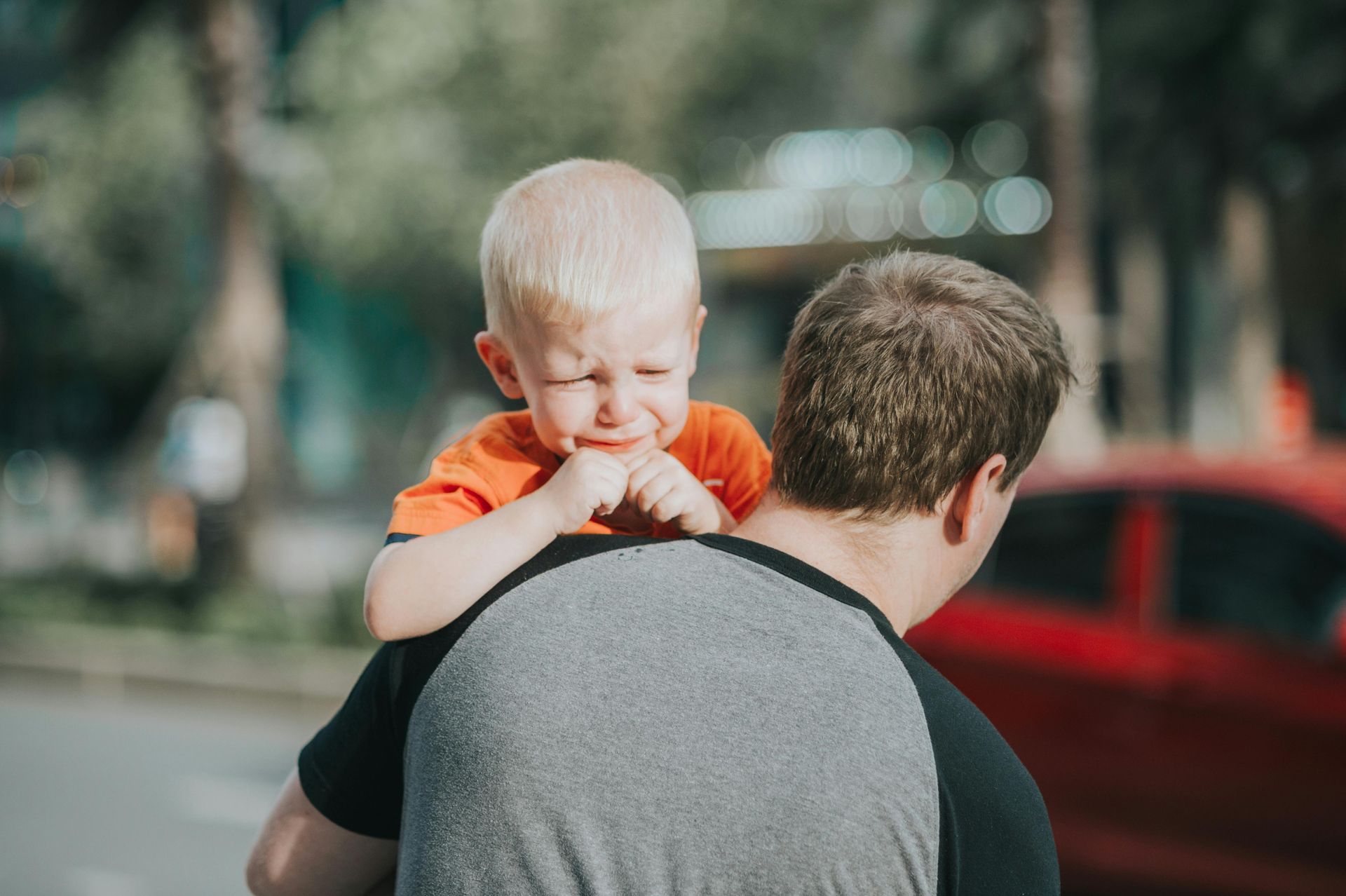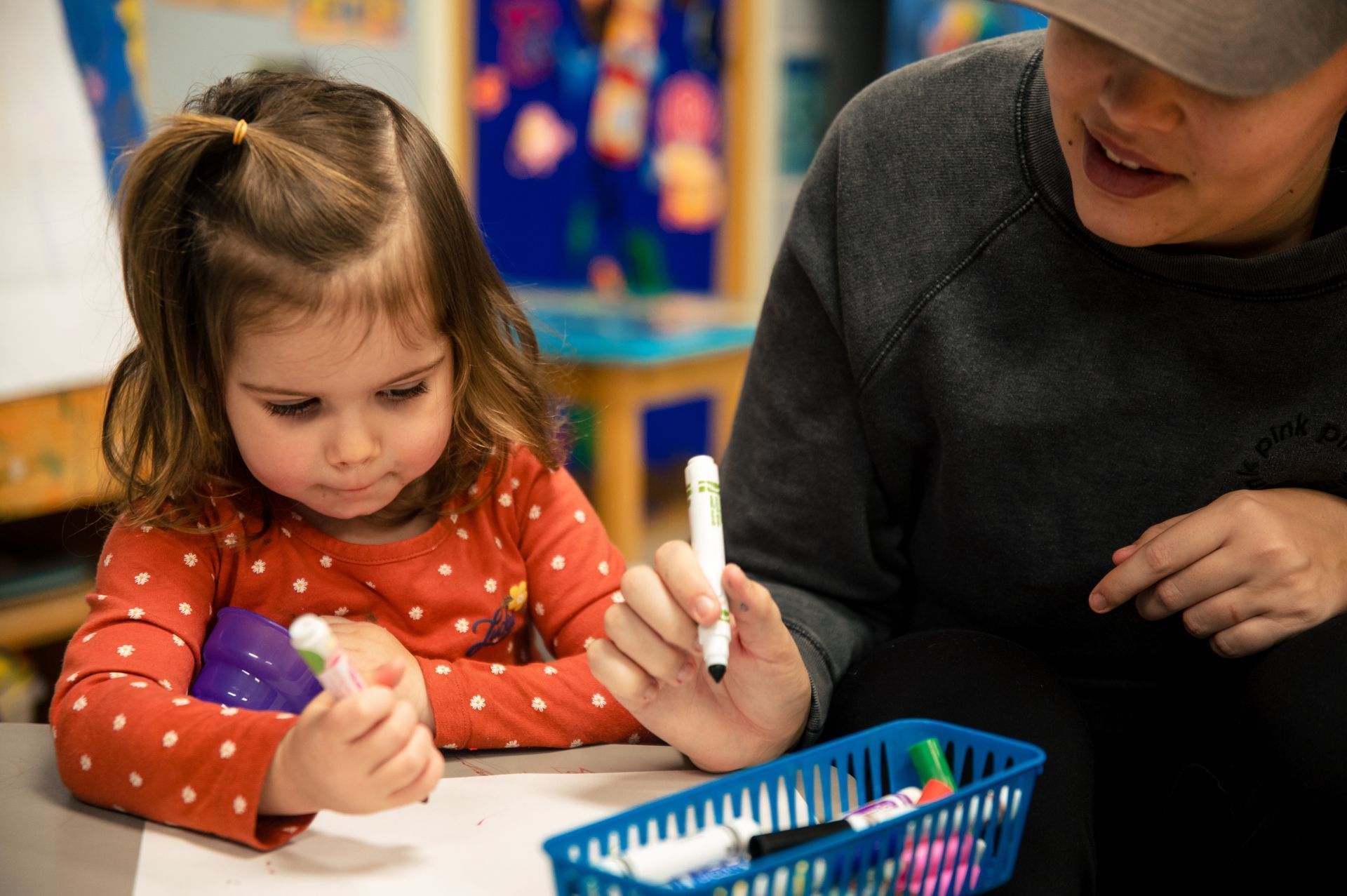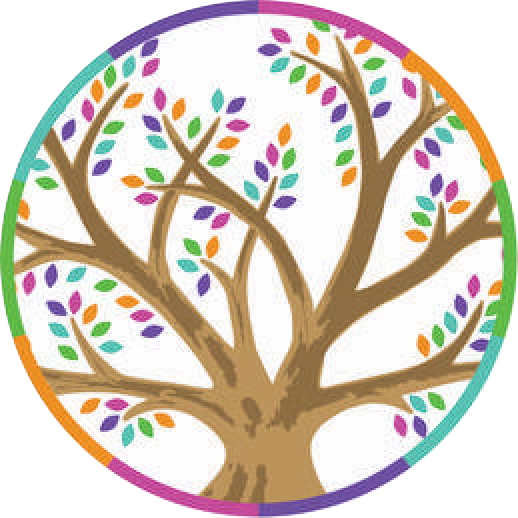Kindergarten Readiness: What It Means (and Doesn’t Mean)
If you’re the parent of a preschooler, chances are you’ve heard the phrase “kindergarten readiness.” And chances are, you’ve also wondered: Is my child ready? What should they know? What if they’re not writing their name yet?
Take a deep breath—you’re not alone. At Temple Beth Or Preschool, we believe in preparing children for kindergarten in a way that’s developmentally appropriate, joyful, and rooted in confidence—not pressure.
What Kindergarten Readiness Does Mean
Kindergarten readiness isn’t just about knowing letters and numbers (although we cover that too!). It’s about helping children grow in four key areas:
Social-Emotional Development
Can your child separate from caregivers with growing ease? Can they take turns, ask for help, and manage big feelings with support? These foundational skills often matter more than early academics when starting kindergarten.
Self-Help Skills
Things like zipping a backpack, cleaning up after snack, and using the bathroom independently help children feel confident in a classroom setting.
Language & Communication
Kindergarten teachers look for kids who can follow directions, express themselves clearly, and engage in conversations—not necessarily those who are reading early.
Curiosity and Engagement
A child who’s excited to explore, ask questions, and try new things is more than ready to learn—because learning is already happening.
What Kindergarten Readiness Doesn’t Mean
- Being able to read or write fluently
- Memorizing long lists of facts
- Sitting still for long periods
- Being the most academically “advanced” in the class
There’s no one-size-fits-all checklist—and there’s no rush. Children develop at their own pace, and readiness is about more than milestones.
How TBOP Supports Readiness, the Right Way
In our 4s classrooms (Tigers & Monkeys), we combine strong early academics with plenty of play, movement, and creativity. We use the Letterland literacy program (the same one used in Wake County Public Schools), introduce number sense, patterning, and simple graphing through games, and guide kids toward independence and problem-solving.
We also focus heavily on emotional intelligence, community-building, and confidence. Kids take on classroom jobs, resolve conflicts with teacher support, and learn how to advocate for themselves and others—all through age-appropriate, hands-on experiences.
When they leave TBOP, they’re not just ready for kindergarten. They’re ready to show up as curious, compassionate, and capable learners.
Questions about your child’s transition to kindergarten? We’re always happy to chat—because readiness isn’t just about the child, it’s about helping families feel supported too.
